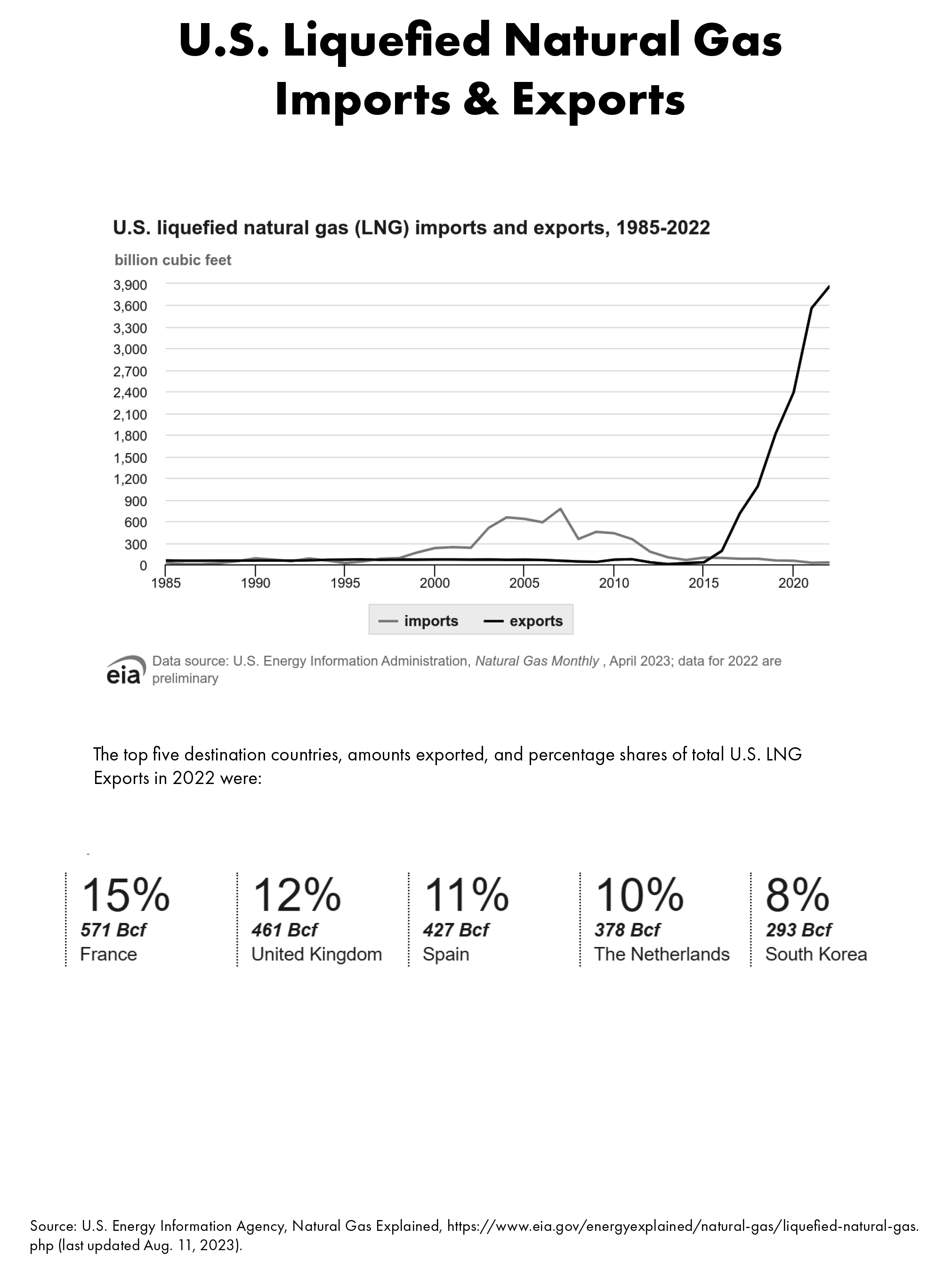S. 4144
would improve the reliability and adequacy of the bulk-power system by ensuring that key uncertainties in generation, transmission, energy storage systems, and loads are considered in resource adequacy modeling and integrated resource planning.


